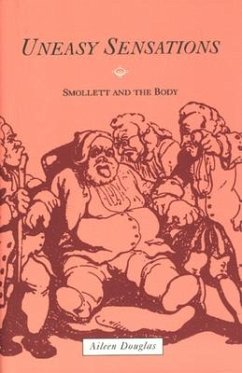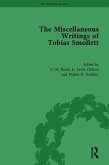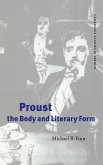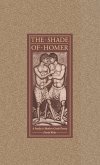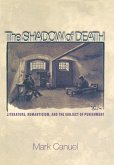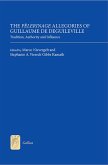Tobias Smollett, a key figure in the British tradition of comic fiction, has often been criticized for the extreme physicality of his writing, which teems with scatological images and graphic depictions of bodily injury and disintegration. Challenging scholars who have dismissed Smollett's preoccupation with the body as simply crude, Uneasy Sensations clarifies his sophisticated ideas about human physicality and his contribution to eighteenth-century literature. Aileen Douglas draws on feminist and other new theoretical perspectives to reassess Smollett's entire body of fiction as well as his classic work of nonfiction, Travels through France and Italy. Like many writers of his time, Douglas argues, Smollett was interested in the body and in how accurately it reflects internal disposition. But Smollett's special contribution to the eighteenth-century novel is his emphasis on sentience, the sensations of the physical body. Looking at such works as The Adventures of Roderick Random, The Expedition of Humphry Clinker and The Adventures of Peregrine Pickle, Douglas explores the ways Smollett uses representations of sentienceespecially torment and pain - in his critique of the social and political order. Trained in medicine, Smollett was alert to the ways in which the discourses of medicine, philosophy, and law construct the body as an object of knowledge, and yet his work always returns to the physical world of the body and its feelings. Smollett reminds us, as Douglas aptly puts it, that "if you prick a socially constructed body, it still bleeds". Uneasy Sensations reveals Smollett as a writer from whom contemporary readers can learn much about the body's relation to politics and society.Shedding new light on classic works, it is an important contribution to an understanding of eighteenth-century British-literature.
Bitte wählen Sie Ihr Anliegen aus.
Rechnungen
Retourenschein anfordern
Bestellstatus
Storno

